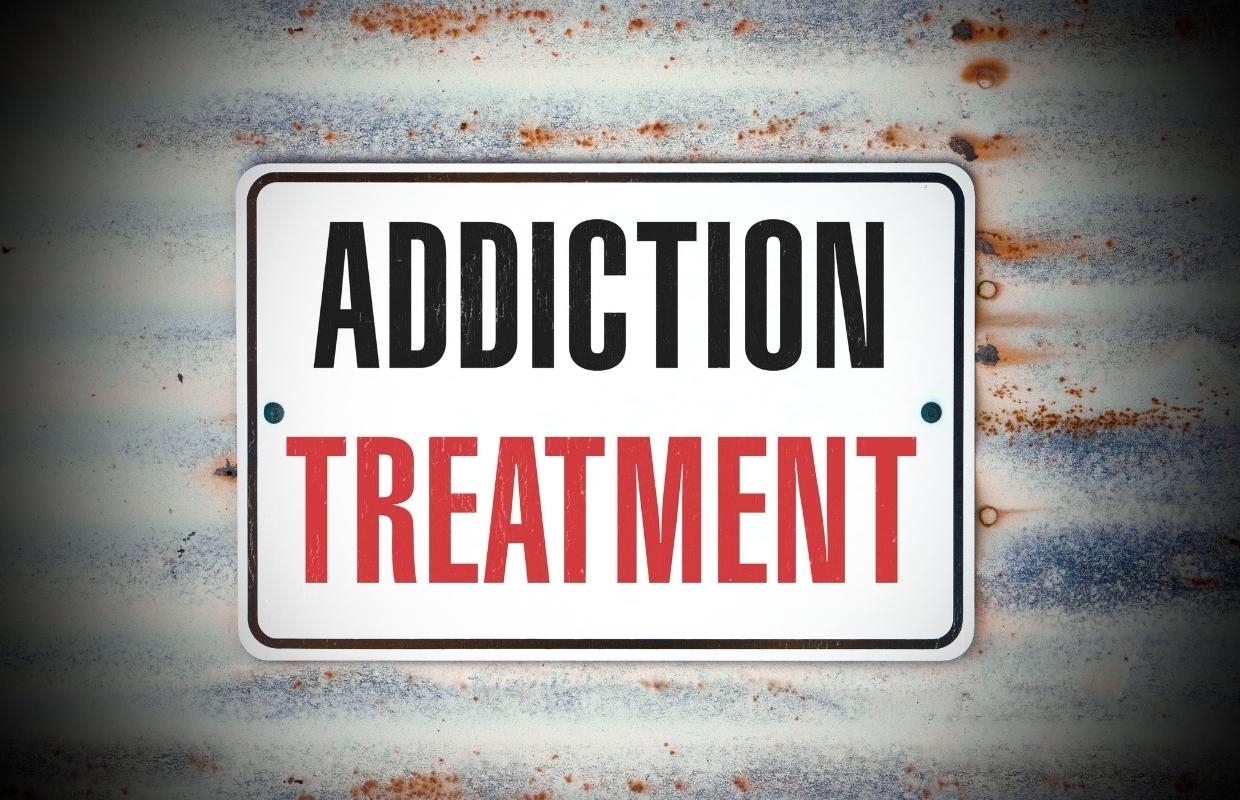A personalized alcohol addiction treatment plan can lead to lasting recovery.
A personalized alcohol addiction treatment plan can lead to lasting recovery.
Blog Article
Secret Kind Of Addiction Therapy: Browsing Alcoholism Recuperation Via Evidence-Based Practices
In the world of alcohol dependency recuperation, the assimilation of Cognitive-Behavioral Treatments (CBT) and Medication-Assisted Therapy (FLOOR COVERING) notes a pivotal stride towards efficacy and patient-centered care. CBT offers an organized course to reframe destructive idea patterns, while floor covering gives a biochemical foothold versus the physical adversities of withdrawal. When these evidence-based methods are supplemented with alternative methods, such as mindfulness and nutritional support, they create a durable framework for therapy. The journey via these techniques presents unique obstacles and results, laying bare the question of just how these treatments concretely intersect to cultivate continual recovery.

Understanding Cognitive-Behavioral Treatments in Alcohol Dependency Healing
As alcohol addiction recovery advances, cognitive-behavioral treatments (CBT) have emerged as a keystone in efficient treatment approaches. CBT runs on the concept that maladaptive behaviors, such as too much alcohol consumption, are driven by inefficient thoughts and ideas. Therapy concentrates on recognizing these unfavorable patterns and teaching people exactly how to challenge and change them with more useful thinking. This therapy is not just concerning handling habits however also improving cognitive procedures, which can lead to continual sobriety. Procedure commonly include practical abilities training, such as coping approaches for handling cravings and tension administration techniques. The view publisher site versatile nature of CBT allows it to be tailored to the one-of-a-kind requirements of each person, improving its performance in the realm of alcohol recuperation.

The Duty of Medication-Assisted Treatment in Handling Withdrawal and Food Cravings
Medication-assisted treatment (FLOOR COVERING) plays a vital duty in the administration of withdrawal signs and symptoms and cravings in individuals recouping from alcoholism. MAT entails the use of FDA-approved drugs such as naltrexone, disulfiram, and acamprosate, which help decrease the physical and emotional urges to consume, promoting a smoother and more workable detoxing procedure. These medications operate by changing mind chemistry to diminish the gratifying impacts of alcohol, maintain mood swings, and decrease physiological reliance. This medicinal strategy, when combined with counseling and behavior modifications, improves the opportunities of long-term recovery. see page Such combination supports the retention in treatment programs and adds dramatically to stop relapse, marking floor covering as a keystone of reliable alcohol addiction treatment.

Integrating Holistic Methods With Standard Treatments for Comprehensive Treatment
While medication-assisted therapy gives a foundational method to alcohol recovery, incorporating holistic approaches with standard therapies uses a more detailed care version. By combining find out this here these varied methods, therapy programs can tailor interventions to specific requirements, advertising a more lasting recuperation. This integrated strategy underscores the value of a multifaceted method in the effective treatment of alcohol addiction.
Conclusion
In final thought, reliable alcohol dependency recovery leverages a mix of evidence-based methods. Cognitive-Behavioral Therapies reframe adverse reasoning, while Medication-Assisted Treatment takes on the physical difficulties of withdrawal and yearnings.
Report this page